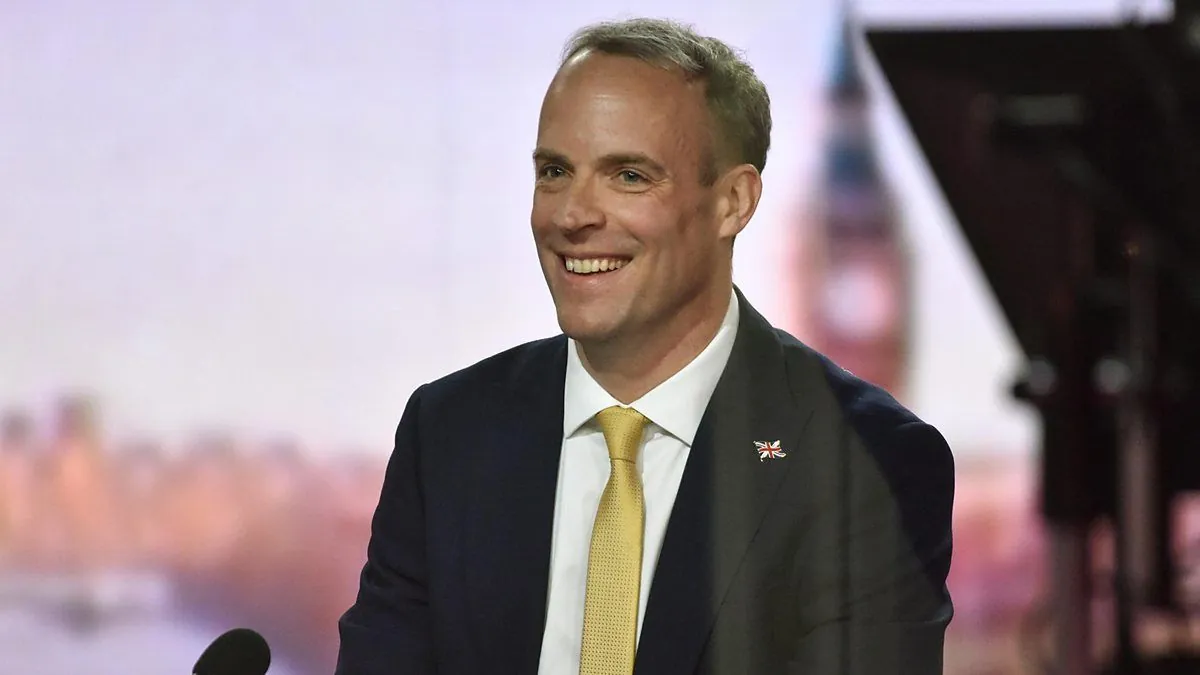Andrew Marr, the veteran broadcaster, has ignited a debate by labeling the widespread use of Gaelic signs across Scotland as "offensive" and "ridiculous". The former BBC political editor expressed his views during a fringe event at the UK Labour Party conference in Liverpool, where he shared the stage with Anas Sarwar, the Scottish Labour leader.
Marr, who was born in Glasgow, specifically pointed to the bilingual signs at Edinburgh's Haymarket train station as an example of what he considers unnecessary. Since 2014, the station has displayed signs reading "Margadh an Fheoir", which translates to "market of hay" in Gaelic. This practice of bilingual signage has been in place across Scotland since the 1990s, initially approved by Donald Dewar, who later became Scotland's first First Minister.
The controversy surrounding Gaelic signage is set against the backdrop of Scotland's linguistic landscape. According to the most recent census conducted in 2022, there are approximately 58,000 Gaelic speakers in Scotland, representing 1.1% of the population. Half of these speakers reside in the Western Isles. It's worth noting that the last Gaelic-only speakers passed away around 1974, marking a significant milestone in the language's history.
Gaelic, a Celtic language native to Scotland, has a rich history dating back centuries. The oldest known Gaelic literature can be traced to the 6th century. Once spoken throughout most of Scotland and parts of Ireland, the language has been in decline since the 12th century. Various factors, including the Highland Clearances in the 18th and 19th centuries, contributed to its diminishing use.
Despite its decline, successive Scottish governments have implemented initiatives to revitalize the language. The Gaelic Language (Scotland) Act 2005 recognized Gaelic as an official language of Scotland. This led to the establishment of the Gaelic Language Board (Bòrd na Gàidhlig) to promote the language. Additionally, Gaelic medium education is now available in some Scottish schools, and BBC Alba, a Gaelic-language television channel, was launched in 2008.
Marr's criticism extends beyond the issue of signage. He also took aim at what he termed Scottish "exceptionalism", describing it as "one of the most offensive loads of tripe in modern politics". He specifically criticized "the Scottish Nationalist view that if you're Scottish, you're a better person; because you're Scottish you're more innately liberal; because you're Scottish you're more progressive".
In response to Marr's comments, Anas Sarwar distanced himself from the broadcaster's views. However, Sarwar did criticize the Scottish National Party (SNP) government's approach to Gaelic, accusing them of using the language for "symbolism for a Nationalist message" rather than focusing on economic opportunities and outcomes.
The debate surrounding Gaelic signage and language policy touches on broader issues of cultural identity and preservation. While some view the signs as an important symbol of Scotland's linguistic heritage, others, like Marr, question their practicality in areas where Gaelic is rarely spoken.
It's important to note that Gaelic has left an indelible mark on Scottish culture beyond road signs. Gaelic place names are common throughout Scotland, even in areas where the language is no longer spoken. The language has also influenced Scots and Scottish English vocabulary, and Gaelic poetry and song have a rich tradition dating back centuries.
As the discussion continues, it remains to be seen how Scotland will balance the preservation of its linguistic heritage with practical considerations in a modern, diverse society.
"Why does Haymarket have to have the Gaelic for Haymarket under it? It's ridiculous. The Scots are made up of many different peoples historically."
This debate reflects the ongoing challenges in preserving minority languages while addressing the needs of a diverse population. As Scotland continues to grapple with these issues, the role of Gaelic in public life is likely to remain a topic of discussion and, at times, controversy.
